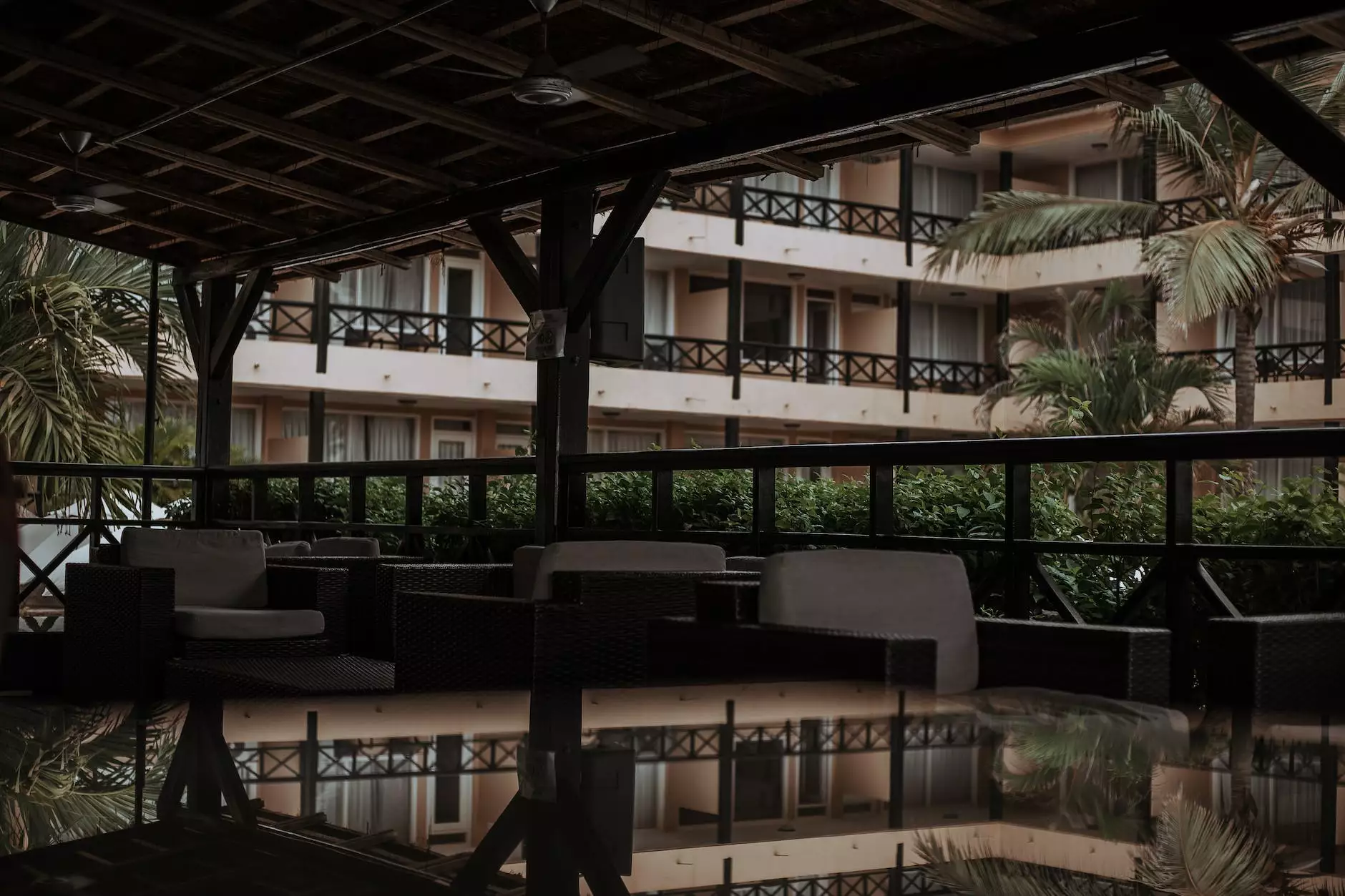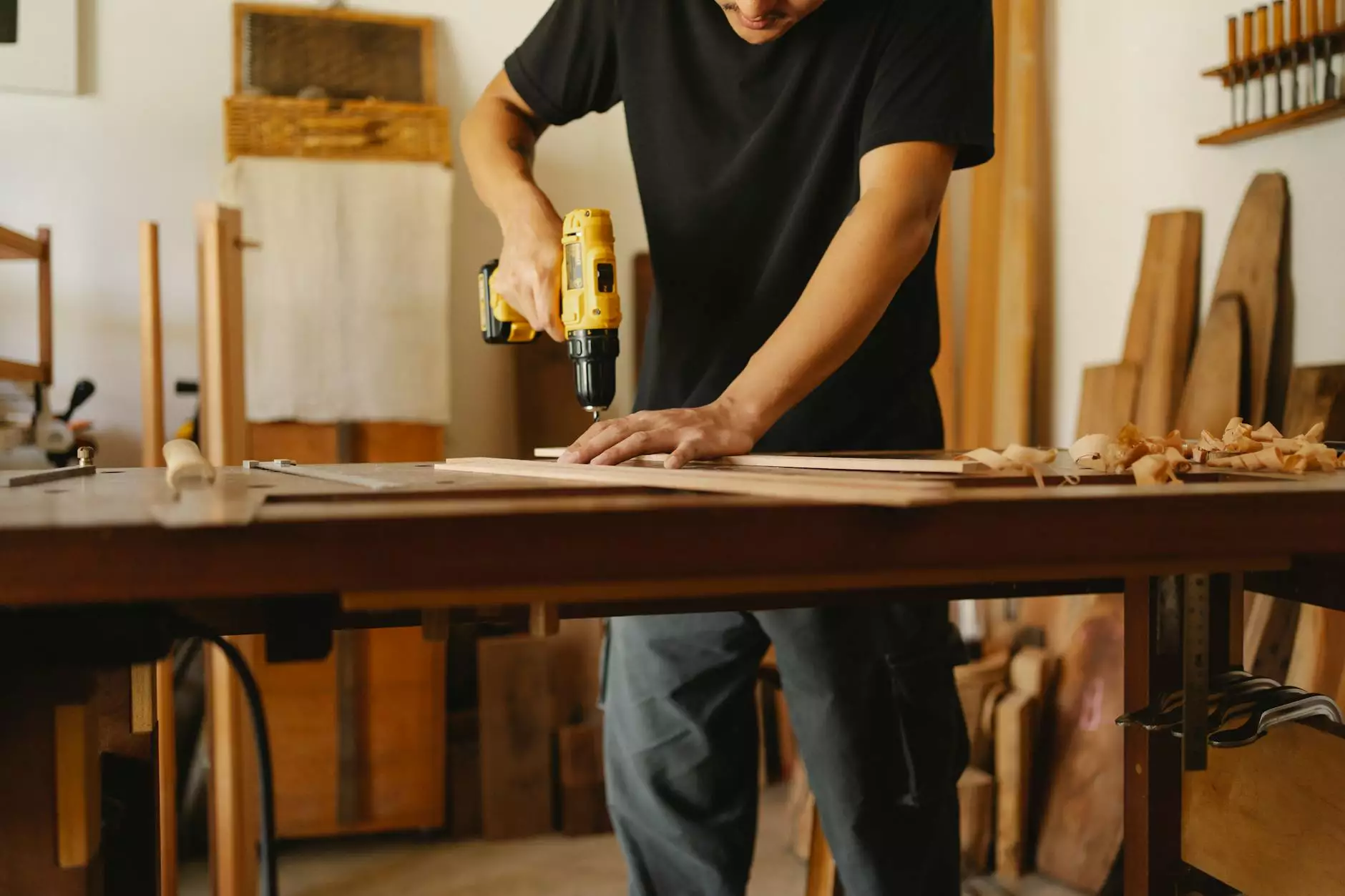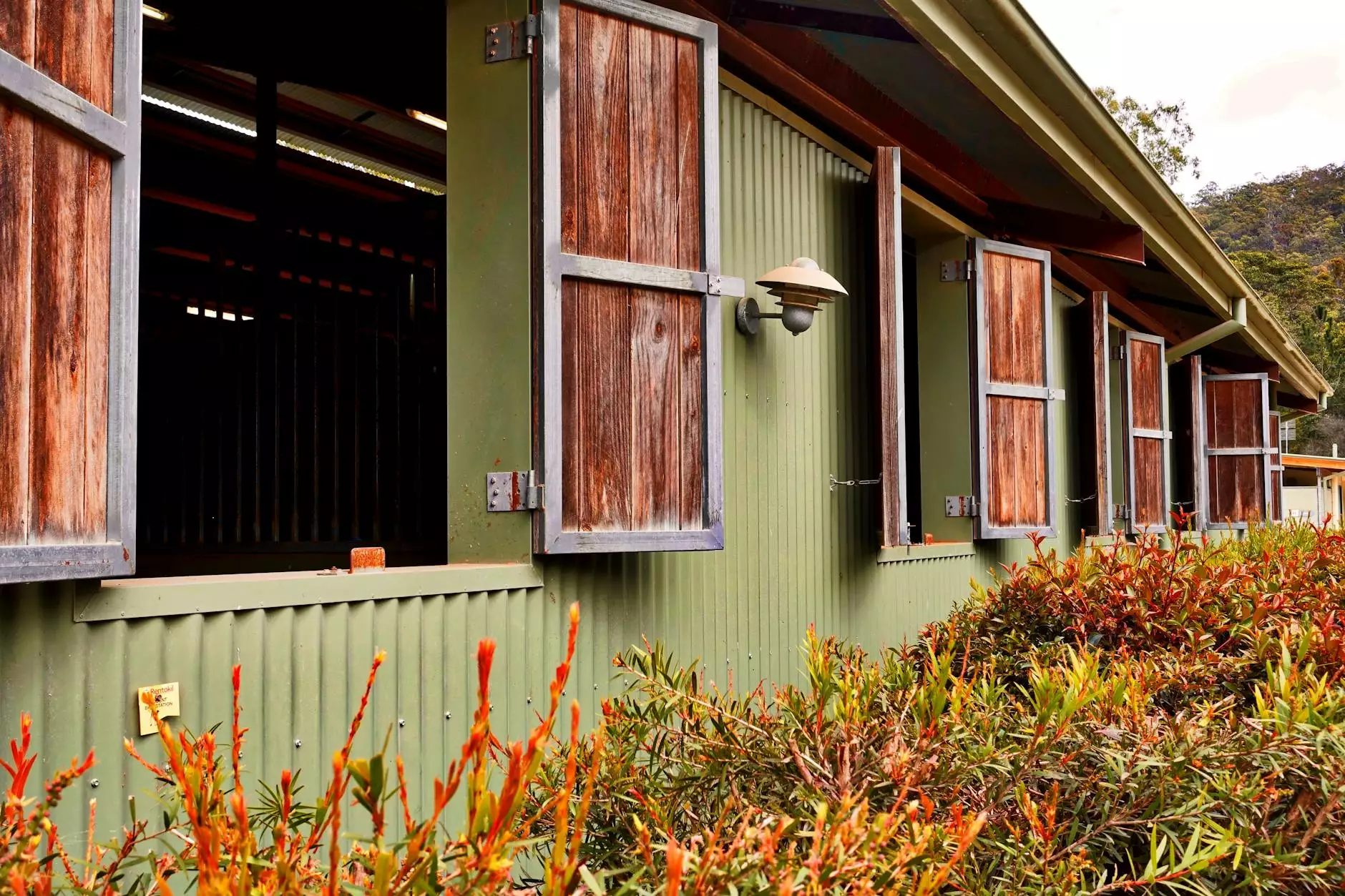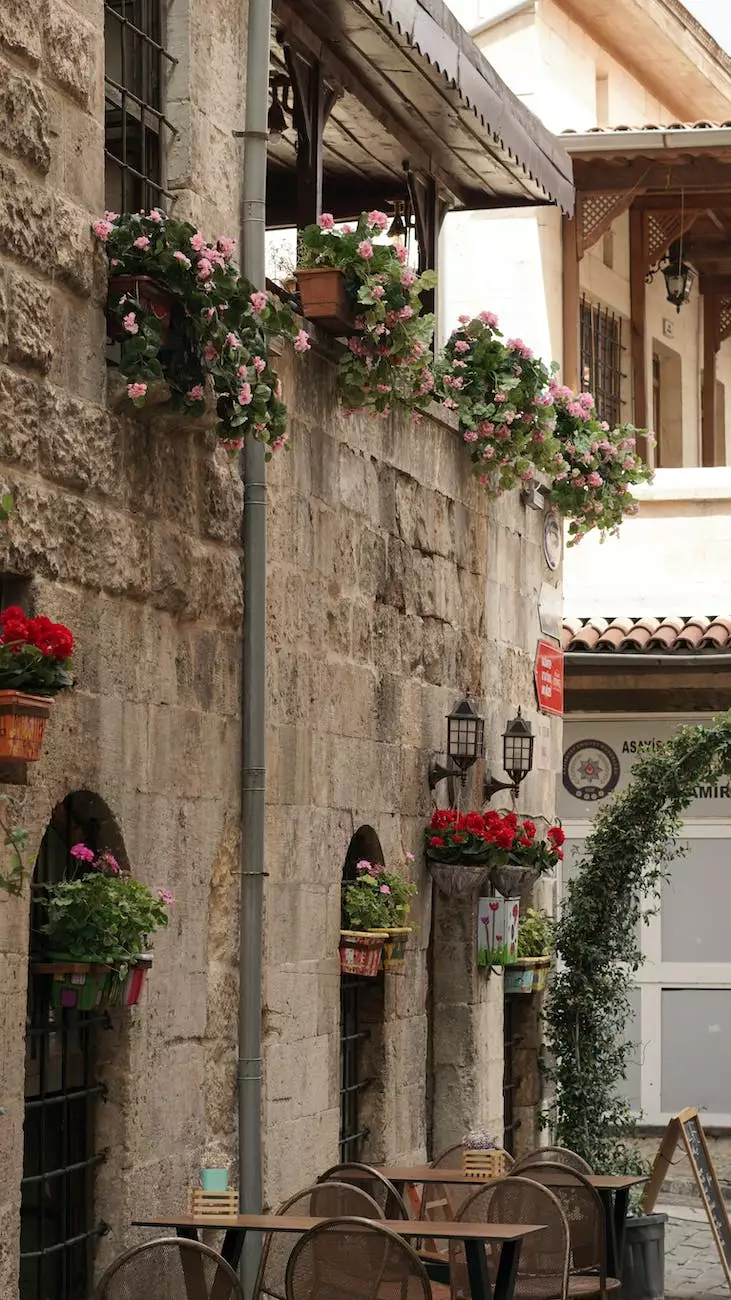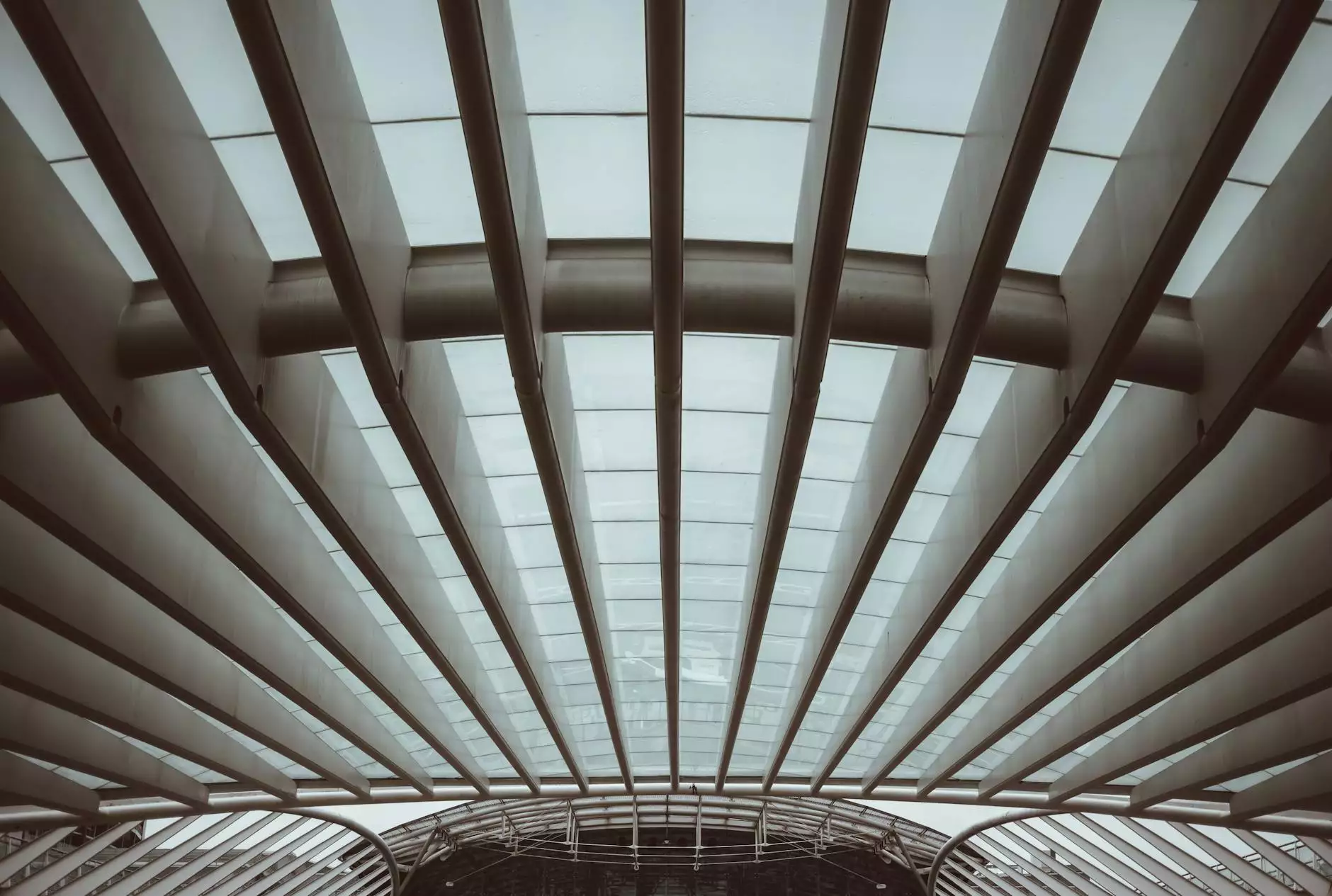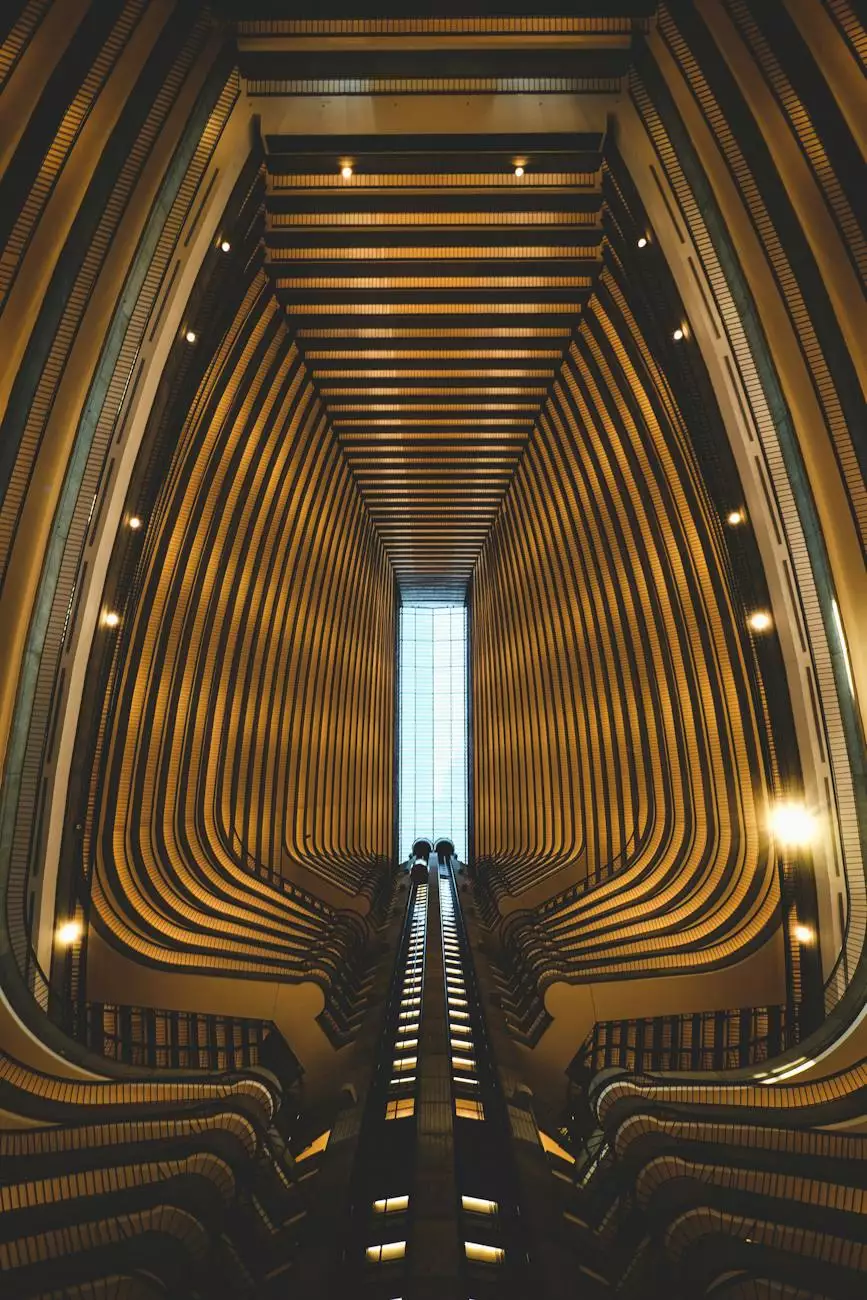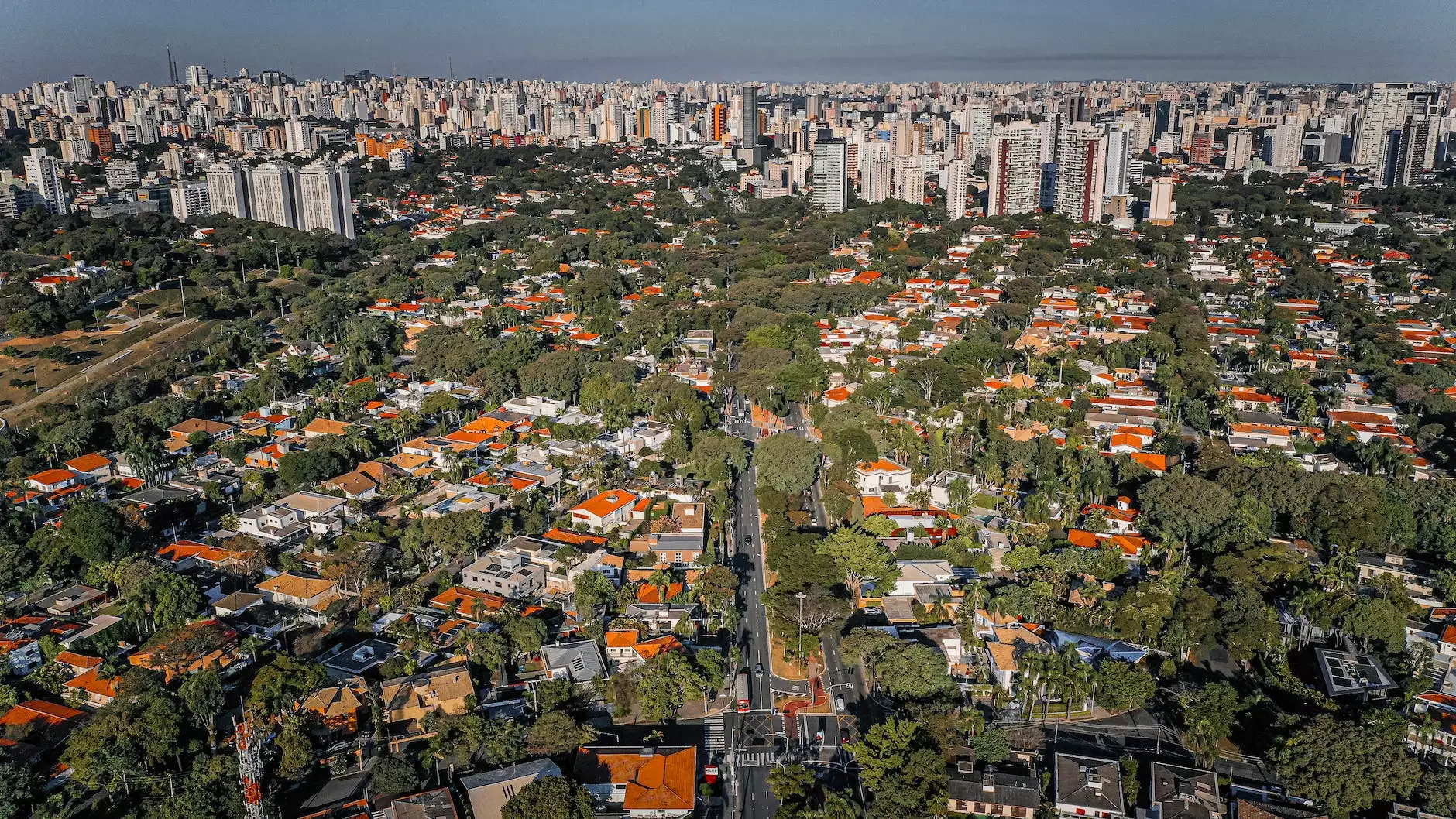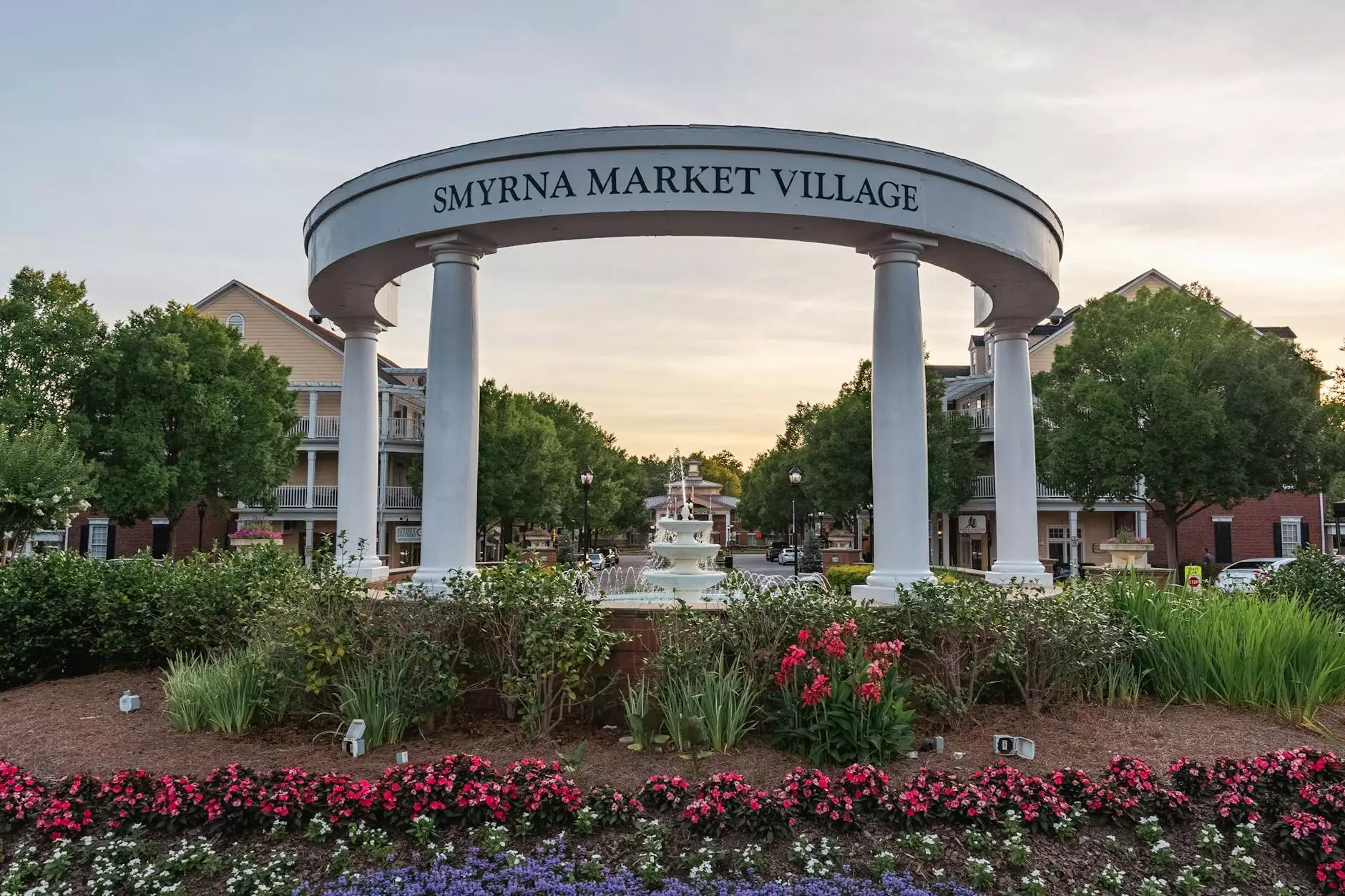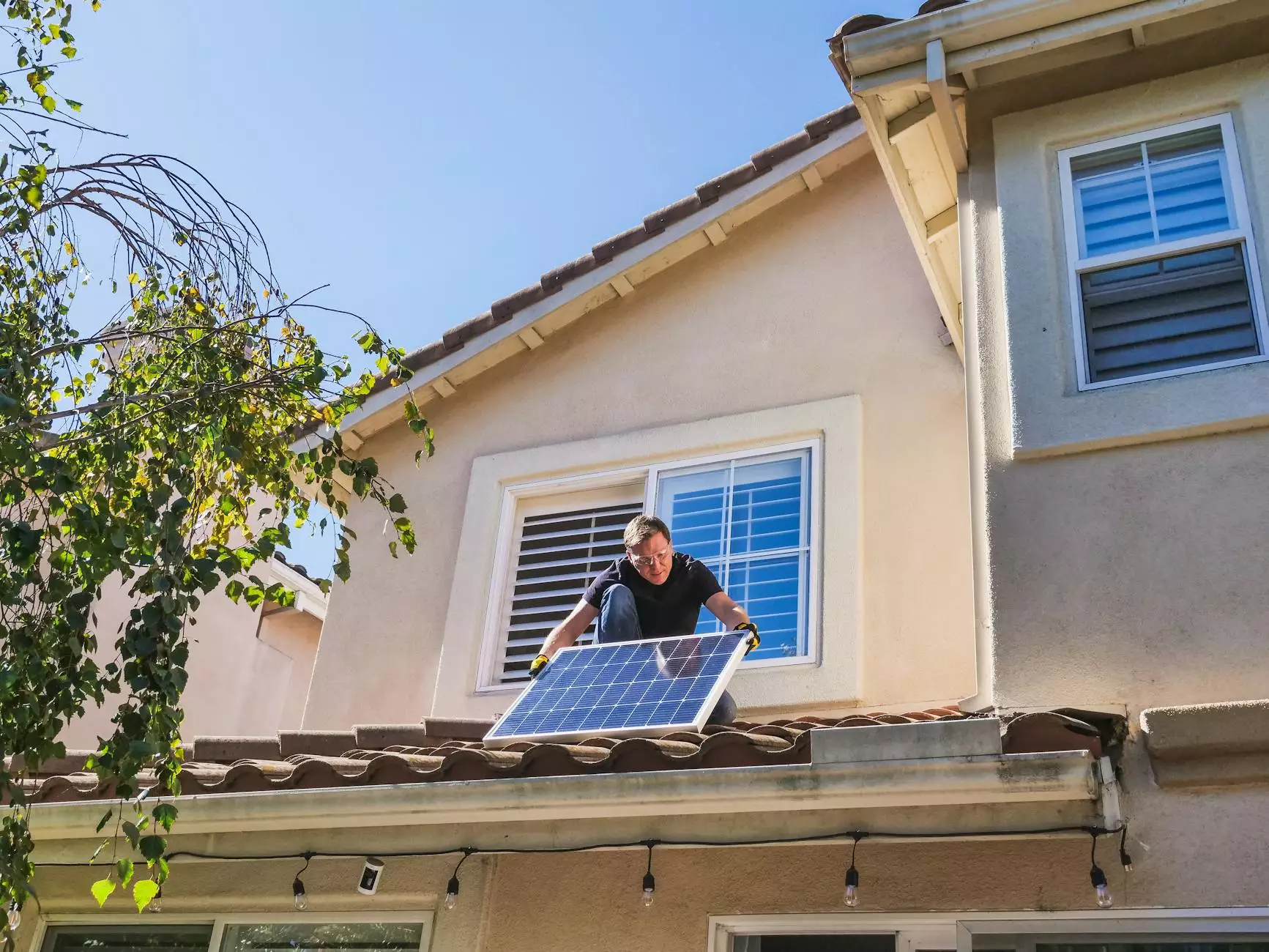What Is the Best Type of Commercial Roof?
Roofing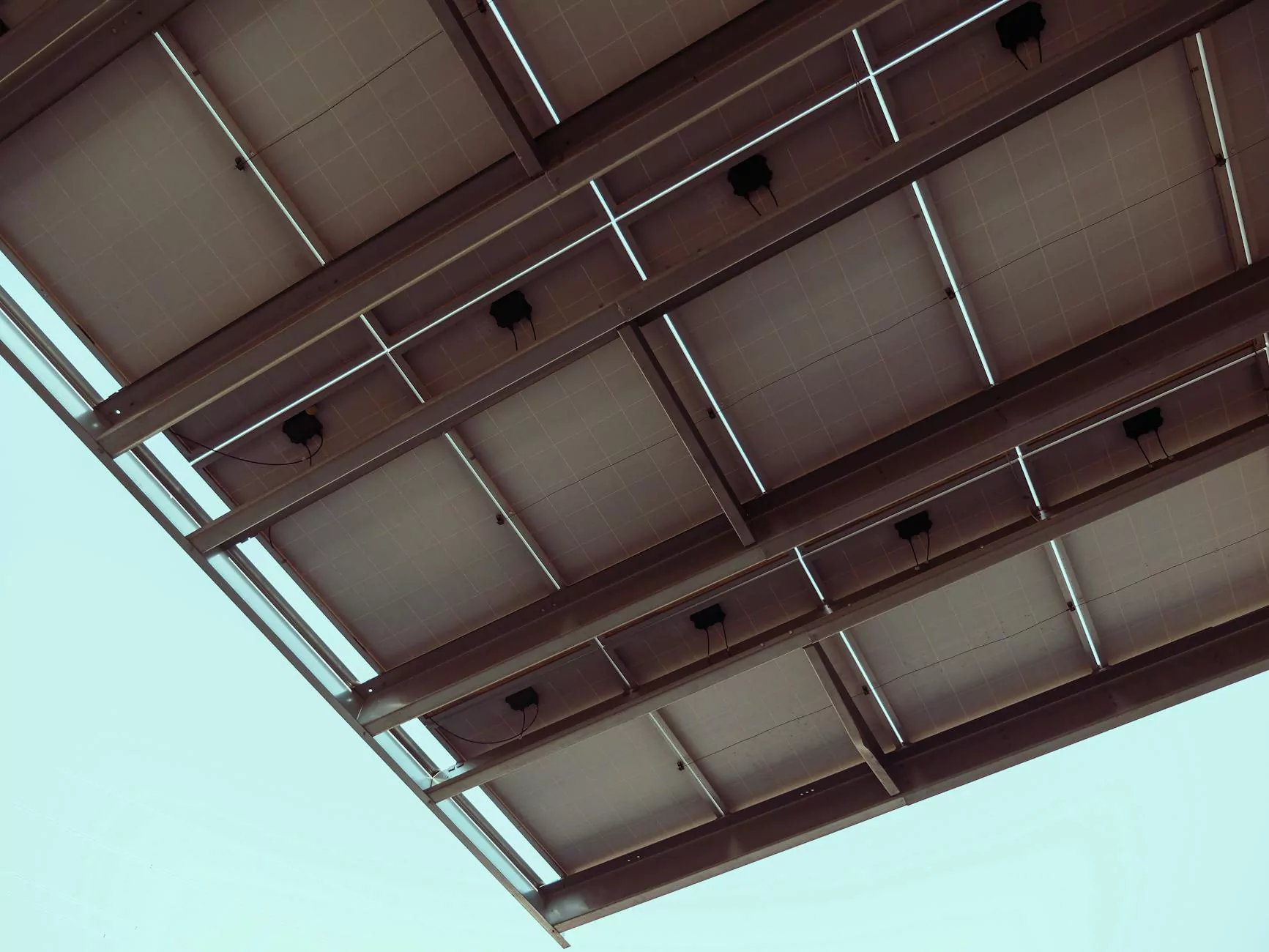
The Importance of Choosing the Right Commercial Roof
When it comes to your business or consumer service cleaning endeavor, having a well-maintained and durable roof is crucial. A commercial roof not only protects your property from external elements but also enhances its overall aesthetic appeal. Therefore, selecting the best type of commercial roof is a decision that should be made with careful consideration and expert guidance.
Factors to Consider Before Choosing a Commercial Roof
Before diving into the different types of commercial roofs available, it's essential to evaluate certain factors that will influence your decision-making process. Understanding these factors will help you make an informed choice that aligns with your specific business needs and budget.
1. Roofing Material
The choice of roofing material plays a significant role in determining the durability, lifespan, and maintenance requirements of your commercial roof. Some popular roofing materials include:
- Single-Ply Membranes: Single-ply membranes, such as EPDM, TPO, and PVC, offer excellent durability and resistance against UV rays and chemical exposure.
- Metal Roofing: Metal roofs are known for their longevity and can withstand harsh weather conditions, including high winds and heavy rainfall.
- Modified Bitumen: Ideal for low-slope roofs, modified bitumen provides exceptional waterproofing capabilities and high tensile strength.
- Built-Up Roofing: Built-up roofing comprises multiple layers of hot asphalt and reinforced roofing felts, offering durability and fire resistance.
2. Cost and Budget
Considering your budget and the overall cost of the commercial roof installation is crucial. While some roofing materials may have a higher initial cost, they might offer better long-term value due to their durability and low maintenance requirements. It's essential to strike a balance between cost, quality, and expected lifespan to ensure the best return on investment.
3. Climate and Environmental Factors
The geographical location of your business has a significant impact on the type of commercial roof you should choose. Factors such as temperature variations, wind strength, precipitation levels, and exposure to heavy sunlight need to be taken into account. Certain roofing materials are better suited for specific climates, providing superior resilience against environmental challenges.
4. Energy Efficiency
In recent years, energy efficiency has become a critical consideration for commercial building owners. Opting for an energy-efficient roofing system can help reduce heating and cooling costs, improve indoor comfort, and contribute to sustainability efforts. Reflective roofing materials or green roof options can significantly enhance energy efficiency and reduce the carbon footprint of your commercial space.
Types of Commercial Roofs
Now that you have a better understanding of the factors involved let's explore the different types of commercial roofs available:
1. EPDM Roofing
EPDM (Ethylene Propylene Diene Monomer) roofing is a popular choice due to its durability and ease of installation. It offers excellent resistance against UV radiation, ozone exposure, and inclement weather. EPDM roofs often have a lifespan of 20-30 years, making them a cost-effective option for many commercial properties.
2. TPO Roofing
TPO (Thermoplastic Olefin) roofing combines durability, energy efficiency, and ease of installation. It provides exceptional resistance against UV radiation, punctures, and tears. TPO roofs are known for their energy-saving capabilities, as they reflect sunlight rather than absorbing it. Additionally, TPO roofs have a relatively long lifespan, ranging from 15 to 30 years.
3. PVC Roofing
PVC (Polyvinyl Chloride) roofing is a highly durable and fire-resistant option. Its ability to withstand chemical exposure, grease, and oils makes it an ideal choice for commercial properties in the food industry. PVC roofs also offer excellent dimensional stability, ensuring minimal shrinkage or expansion. With proper maintenance, a PVC roof can last up to 30 years.
4. Metal Roofing
Metal roofing has gained popularity in commercial applications for its longevity, durability, and aesthetic appeal. Metal roofs are available in various materials, including steel, aluminum, and copper, each offering distinct advantages. They are highly resistant to fire, insects, rot, and mildew. Metal roofs can last anywhere from 40 to 70 years, making them a long-term investment.
5. Modified Bitumen Roofing
Modified bitumen roofing is a common choice for low-slope or flat commercial rooftops. It consists of asphalt and rubber modifiers, providing excellent flexibility and durability. Modified bitumen roofs offer superior waterproofing capabilities and can handle temperature fluctuations effectively. With regular maintenance, these roofs can have a lifespan of 20-30 years.
6. Built-Up Roofing (BUR)
Built-Up Roofing (BUR) systems have been used in commercial roofing for many years. They consist of multiple layers of asphalt and reinforced roofing felts, creating a robust and weather-resistant surface. BUR roofs provide excellent fire resistance and can last for 20 to 30 years or more when properly maintained.
Consult with Colony Roofers for the Best Commercial Roofing Solution
Choosing the best type of commercial roof requires careful consideration of various factors to ensure the longevity, durability, and cost-effectiveness of your investment. At Bio-One Atlanta, our expert roofers at Colony Roofers understand the unique needs of businesses and consumer service cleaning. We provide comprehensive guidance and superior roofing solutions tailored to your specific requirements.
Contact Colony Roofers today to schedule a consultation and take the first step towards a high-quality commercial roof that exceeds your expectations.

